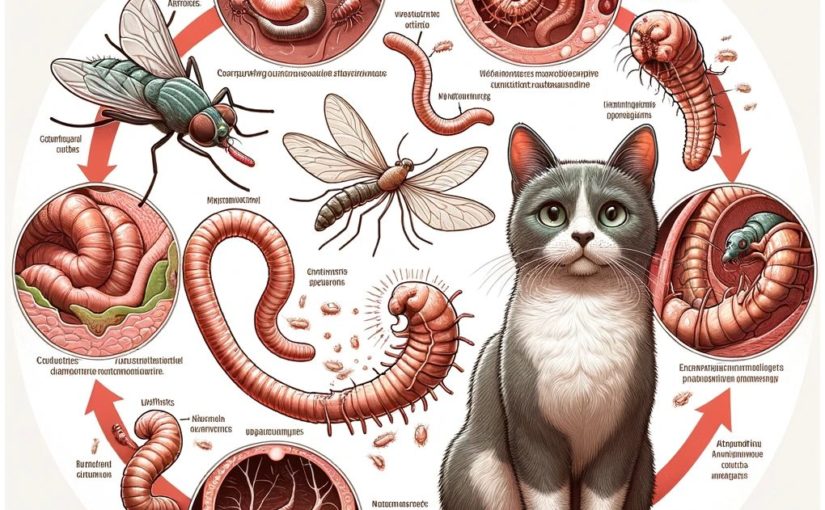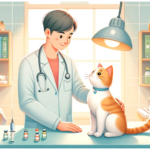When it comes to our feline friends, ensuring their health and well-being is a top priority for any cat owner. Among the many health concerns that pet parents must consider, heartworm disease often comes up in discussion. So, do cats need heartworm medicine? The short answer is yes, but let’s look into the details to understand why and how we can protect Mr. Fluffypants from this dangerous condition.
What Is Heartworm Disease?
Heartworm disease is a severe and potentially fatal condition caused by parasitic worms (Dirofilaria immitis) that reside in the heart, lungs, and associated blood vessels of affected pets. Though it is more commonly associated with dogs, cats can and do become infected. The disease is transmitted through the bite of an infected mosquito, making it a risk to cats in many parts of the world, especially during mosquito season.
The Risk to Cats
Cats are atypical hosts for heartworms, which means the worms do not thrive as well in a cat’s body as they do in dogs. However, even a small number of worms can cause significant health problems for a cat. Unlike dogs, a test to detect the presence of adult heartworms in cats is less reliable, and there is no approved treatment for heartworm infection in cats. This makes prevention not only the best but also the only reliable approach to protecting your cat from heartworm disease.
Symptoms of Heartworm Disease in Cats
Heartworm disease in cats can manifest in various ways, and symptoms can be nonspecific or even mimic other diseases. Some common symptoms include:
- Coughing or asthma-like attacks
- Periodic vomiting
- Lack of appetite or weight loss
- Difficulty breathing
- Lethargy or decreased activity
In some cases, cats may show no symptoms at all, or the disease may suddenly cause severe cardiovascular or respiratory problems, leading to sudden death.
Preventive Measures: Heartworm Medicine for Cats
Given the serious nature of heartworm disease and the lack of a reliable treatment option for infected cats, prevention is crucial. Heartworm preventatives come in various forms, including topical applications, oral tablets, and injectables. These medications are designed to kill the larval stages of the heartworms, preventing them from developing into adults.
It’s essential to consult with your veterinarian to determine the best preventative measure for your cat. Factors to consider include your cat’s lifestyle (indoor vs. outdoor), local heartworm prevalence, and any existing health conditions your cat may have.
The Importance of Year-Round Prevention
While some pet owners opt for seasonal prevention, especially in regions with cold winters, veterinarians often recommend year-round protection. Mosquitoes can survive and remain active indoors, and weather patterns can be unpredictable. Maintaining consistent heartworm prevention ensures that your cat is protected regardless of external conditions.
Conclusion
In conclusion, while cats are not the typical host for heartworms, they are still at risk of infection and the severe health issues that come with it. Given the dire consequences and lack of treatment options, heartworm prevention is not just recommended; it’s a necessary aspect of responsible cat care. Regular visits to the veterinarian, combined with a proactive approach to prevention, can help ensure your furry friend remains healthy, happy, and heartworm-free.
For more detailed information on heartworm disease and prevention in cats, reputable sources such as the American Heartworm Society (https://www.heartwormsociety.org/) offer a wealth of knowledge and guidance to keep your pet safe.
By incorporating heartworm prevention into your cat’s routine care, you’re taking a significant step towards safeguarding their health and ensuring many more years of purrs, cuddles, and companionship.






